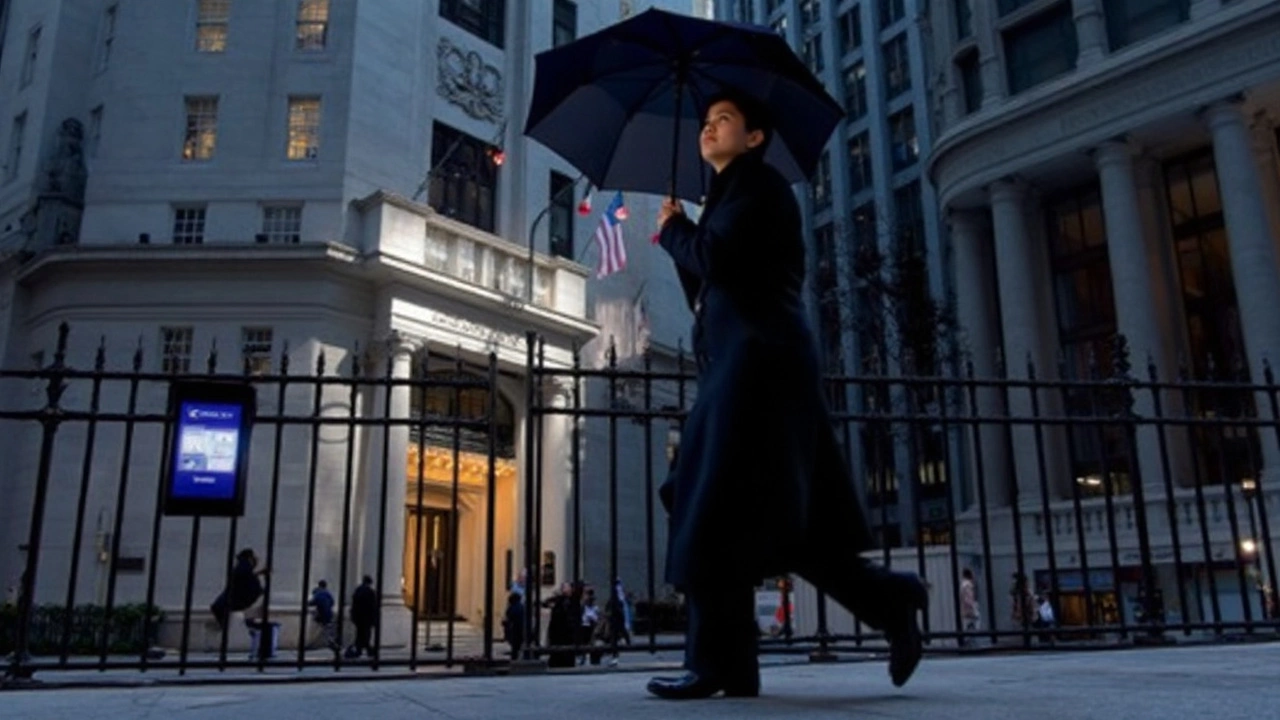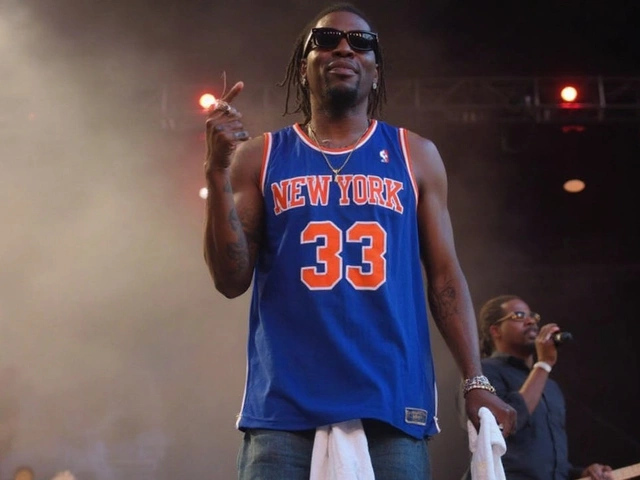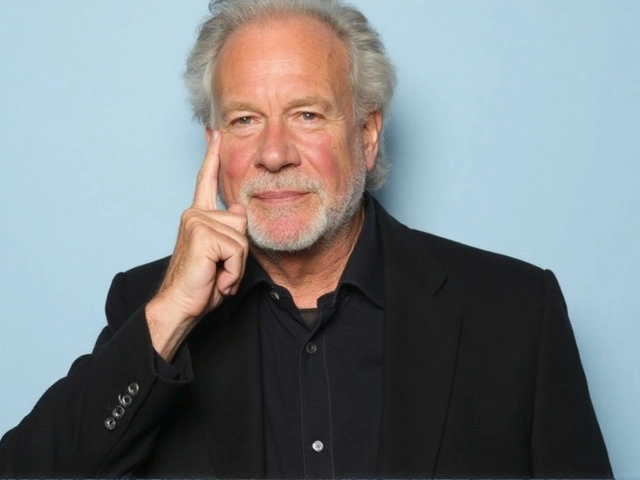Trade War: What It Means for Sports and Everyday Life
Ever heard someone say the U.S. and China are in a trade war and wondered how that affects the game you love? A trade war is basically two or more countries raising tariffs – taxes on imports – to force each other to change trade rules. It sounds like a board‑room fight, but the ripple effects land on the streets, in stadiums and even in your gym bag.
Why the Trade War Started
Most modern trade wars begin when one country feels the other is playing unfair. For example, the U.S. complained that China was subsidising factories, making American products look pricey abroad. In response, both sides slapped tariffs on everything from steel to sneakers. The goal isn’t always to make money; it’s to pressure the other side into renegotiating trade deals.
These tariffs act like a price hike on imported goods. If a shoe company in the U.S. imports 100,000 pairs of running shoes from Vietnam and now has to pay a 25% extra tax, that cost either gets absorbed by the company or passed to shoppers. That’s why you might see a sudden jump in the price of your favourite cleats.
How It Affects Fans and Players
Sports fans feel the impact in three main ways. First, equipment costs go up. When tariffs hit raw materials like aluminium or carbon fibre, the price of bats, rackets and even helmets climbs. Second, sponsorship money can shrink. Companies that rely on cheap overseas production may cut marketing budgets, meaning fewer ads and less cash for clubs.
Third, travel becomes trickier. International tournaments need equipment, uniforms and even food shipped across borders. Higher shipping fees can force organisers to raise ticket prices or limit the number of events in a region.
Players also notice the change. Some athletes sign contracts that include bonuses for using specific brand gear. If that brand faces higher costs, the bonus might disappear, or the player could be forced to switch to a cheaper alternative.
What can you do? Keep an eye on price tags and compare local versus imported gear. Small clubs often source from nearby manufacturers to dodge tariffs, so supporting local businesses can actually save you money. Also, follow your favourite teams’ news – if they announce a sponsorship change, it might hint at larger trade‑war effects.
In short, a trade war isn’t just politicians shouting on TV. It reshapes the cost of the shoes you wear, the jerseys you cheer in, and the tickets you buy. Understanding the basics helps you make smarter choices and stay ahead of price jumps before they hit the stands.
Kieran Lockhart, Apr, 8 2025
Trump's Bold Tariff Move on China Fuels Market Anxiety
Donald Trump's latest tariff threats against China could push cumulative rates to a blistering 104%, intensifying global market volatility. He's set against a Senate bill demanding congressional approval for tariffs. The standoff heightens economic tension as uncertainty looms over international trade dynamics.
View More




